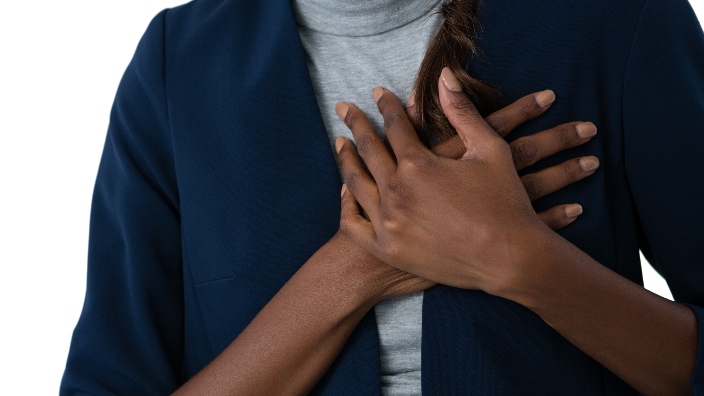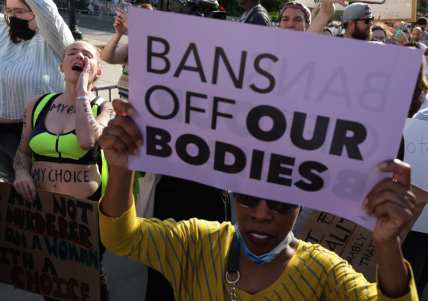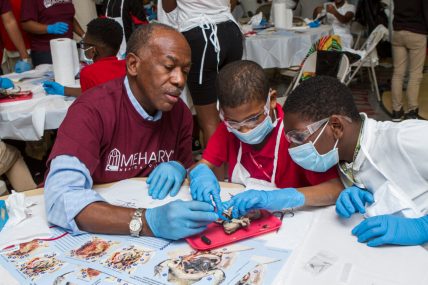Black people wait longest for chest pain evaluation in emergency rooms, study finds
The American Heart Association study reveals a 24-minute difference in wait times for Black women compared to white men.
Black women wait the longest for care in American emergency rooms when complaining of chest pains, according to a study published Wednesday in the Journal of the American Heart Association.
The study indicates that overall, women are likely to wait 11 minutes longer than men for care after arriving at emergency rooms complaining of chest pains Black women are likely to wait 24 minutes longer than white men and 15 minutes longer than white women.

The study reviewed a nationwide sample of 4,000 patient records representing 29 million emergency room visits among adults 18 to 55 years old. The patients had all gone to the ER complaining of chest pains, and their data was collected between 2014 and 2018.
It used two categories for the race data: White, and any race that is not white, with a notation that 89% of the those who were not white were non-Hispanic Black.
The analysis showed that women of color waited 15 minutes longer when compared with white women, 58 minutes versus 43 minutes. Men of any other race waited 10 minutes longer than white men, 44 minutes versus 34 minutes.
Gender comparisons showed that women waited 11 minutes longer to get attention from a health care professional and were less likely to be given an electrocardiogram than men. The study also found that women were less likely to be admitted to a hospital than men.
The most glaring disparity showed Black women waiting 24 minutes longer — or 41% longer — than white men to get a health care professional’s attention, 58 minutes versus 34 minutes.
The lead author of the study, Dr. Darcy Banco, chief resident for safety and quality in the department of medicine at the NYU Grossman School of Medicine in New York City, said that “Whether or not the differences in chest pain evaluation directly translate into differences in outcomes, they represent a difference in the care individuals receive based on their race or sex, and that is important for us to know,” according to the American Heart Association news release.
Further investigations are required to uncover the reasons for these delays, reports said. The study authors conceded that, among other limitations, information on the number of ER patients having heart attacks compared with those who were not was insufficient to make conclusions on the quality of diagnoses. They also said a lack of information on the care received before arriving in the ER made it challenging to accurately assess the reasons for the delay in ER care.
“Minutes count when someone has a heart attack,” noted Dr. Harmony R. Reynolds, a senior author of the study. “Calling an ambulance is also helpful because emergency medical technicians can treat chest pain and heart attack right away.”
TheGrio is FREE on your TV via Apple TV, Amazon Fire, Roku and Android TV. Also, please download theGrio mobile apps today!


